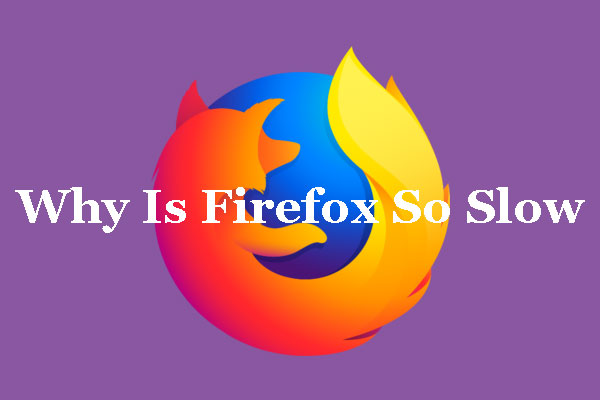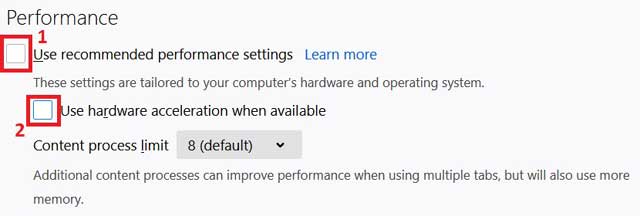

 uBlock Origin allows you to hide ads on websites. Some extensions allow you to block such unnecessary content for example: See the Set Adobe Flash to "click to play" on Firefox article for details. To prevent automatic loading of unwanted Flash content, use the "Ask to Activate" setting in the Add-ons Manager Plugins panel. Many web pages have content you don't really need that uses memory to display. For more information on starting Firefox in Safe Mode and on how to find which extension or theme is causing your problem, see Troubleshoot extensions, themes and hardware acceleration issues to solve common Firefox problems.
uBlock Origin allows you to hide ads on websites. Some extensions allow you to block such unnecessary content for example: See the Set Adobe Flash to "click to play" on Firefox article for details. To prevent automatic loading of unwanted Flash content, use the "Ask to Activate" setting in the Add-ons Manager Plugins panel. Many web pages have content you don't really need that uses memory to display. For more information on starting Firefox in Safe Mode and on how to find which extension or theme is causing your problem, see Troubleshoot extensions, themes and hardware acceleration issues to solve common Firefox problems. 
In Safe Mode, extensions and themes are disabled, so if you notice a significant improvement, you can try disabling or uninstalling extensions. To determine if an extension or theme is causing Firefox to use too much memory, start Firefox in Safe Mode and observe its memory usage.

Extensions and themes Disabling memory consuming extensions and themesĮxtensions and themes can cause Firefox to use more memory than it normally would. The latest Firefox version includes improvements about memory usage.
Disabling memory consuming extensions and themes. I've also tested this before, when Mozilla first made the claim about its new Firefox browser in late 2017, and found the same result. I tried it on both Mac and Windows machines and still found that Firefox used more RAM than Chrome. With this in mind, Firefox is likely to slow down your computer faster than Chrome is.įor the sake of clarity: I started with fresh versions of Chrome and Firefox and loaded the same websites on both browsers. I found that Firefox used more RAM than Chrome, which not only debunks Mozilla's claims but comes as a huge surprise considering Chrome's reputation as a computer performance killer. If your computer slows down and you're running just a web browser, chances are that web browser is eating up all your computer's RAM. For browsers, more RAM on your computer means you can have more browser tabs, add-ons, and extensions without your computer slowing down. RAM is essentially your computer's short-term memory where it stores apps you're using for quick access. Mozilla touts that its Firefox browser uses 30% less RAM than Chrome.








 0 kommentar(er)
0 kommentar(er)
